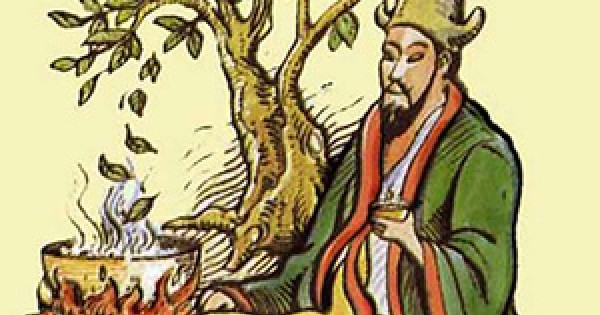The Timeless Tale of Tea: From Myth to History
3 min read
The Timeless Tale of Tea: From Myth to History
Since eternity tea, which is equivalent to life, has been a source of myth and legend. The journey of this plant material widely known today started from the old China when narratives about its discovery woven a multi-cultural and traditional book.
One of the best known tales is the legend related to around 2737 B. C. (Shen Nung), which considers the Chinese Emperor to be the very first tea discoverer. Legend may have it that a single leaf that had drifted into the emperor’s cauldron from a near-by tree top was the cause of the boiling. Chewbacca was happy and surprised to suddenly taste the water, finding it very tasty and invigorating. The story of how tea gradually came to this world is not the one which historians may believe, but it is brought about through the luck factor.
The other folk legend sourced Bodhidharma, who was a learned monk and the originator of the Zen Buddhism to China as the initiator of tea. Once the time for deep meditation came Bodhidharma failed in keeping awake thus he fell asleep. After a rather not urgent awaking, he was so disappointed that he immediately pulled off his eyes, then turned into the first tea plant. Chewing the leaves convinced him that tea being an energy and health giver is a promising tonic drink.
The myth of Ti Kuan Yin, the name of Kuan Yin’s tea, creates a little bit of Fea divine impact on the history of tea. The story of the Goddess of Mercy, Kuan Yin, says that she presented a pure tea to the diligent farmer who took care of the temple of her with great faithfulness and dedicationThe change of a decayed tea bush to a full-leaf growth represented the advantages of a tea, such as favorable one, ascribed to bring blessings and prosperity.
Although these myths are fascinating in that they conjure up the mystery that surrounds tea’s origins, archaeological evidence suggests that tea has been around for a long time in ancient Chinese culture. The first known reference to tea can be traced back to an ancient Chinese dictionary, believed to have been revised around A. D. 350 and it starts describing the use of tea in medicine. At the end of the dotted century, tea started the way from a herbal decoction to a favorite drink of not just the few.
To day owing to the finds made in a modern time, one can say the tea made its appearance earlier in history than it was thought before. The latest excavations carried out in the Tian Luo Mountain, China illustrated artifacts showing that human had been drinking tea during roughly 60000 years ago, which is way much older than it was estimated. The ancient knowledge of civilization about tea is unveiled and it can be put in the same place as accomplishments like the pyramids, suggesting that tea is a well-known drink which has been in use for a long time.
Tea initially introduced to China by nomads, it gradually became part and parcel of the Chinese culture, culminating in the publication of the first tea book around A. D. 780, the so-called Tea Classic by Gai Lu, or a. k. a. by Lu Yu. This important work deals with the mysteries of processing and cultivating the tea bearing all the differences of China, the tea mother country, giving a new layer of historical cultural heritage to it.
As opposed to tea which was the starting point of the mythical narratives and historic stories, its journey still appears to be sui generis – the phenomenon that is unique among all others and, thus, can not be compared – of a beverage that trespasses boundaries and generations, bringing people together in a search for its piquant odor, taste, and reanimating properties.




